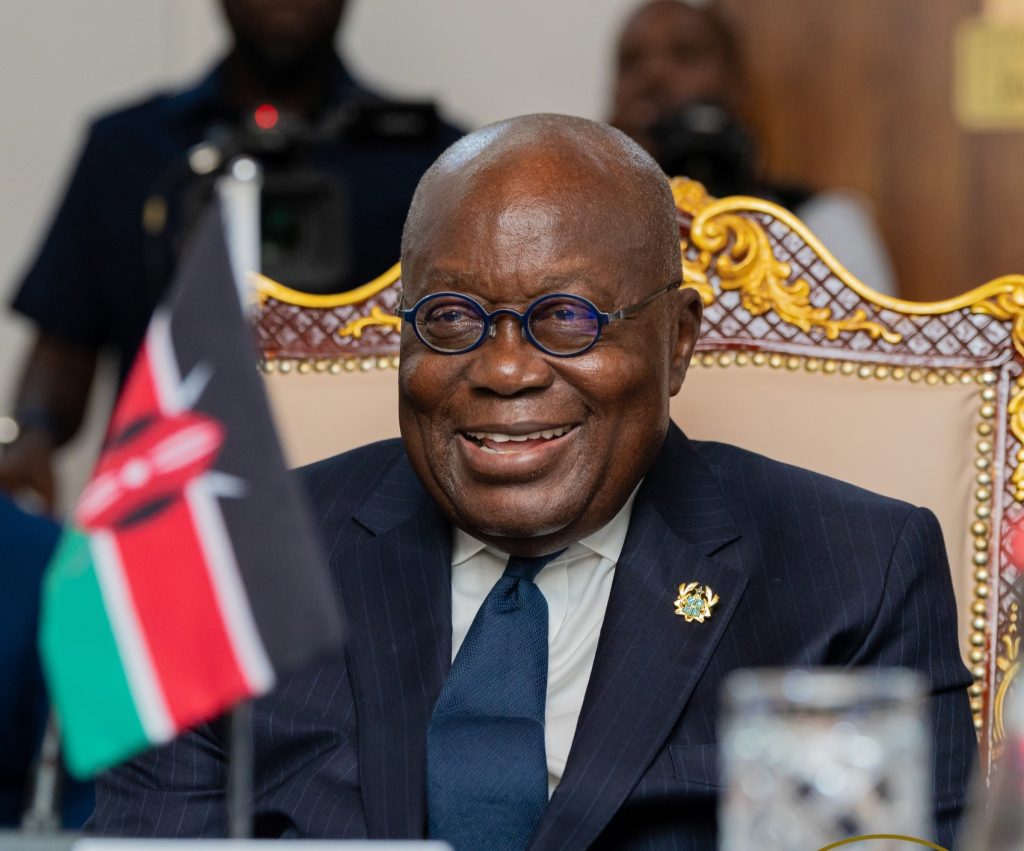In a significant development, the High Court has approved an expedited hearing for a case aimed at compelling President Akufo-Addo to accept the Anti-LGBTQ bill. The decision comes amidst fervent debates surrounding the controversial bill, which seeks to criminalize LGBTQ activities in Ghana.
The bill, officially titled the Promotion of Proper Human Sexual Rights and Ghanaian Family Values Bill, has sparked widespread discourse since its introduction. Advocates argue that it is essential to preserve Ghanaian cultural values and protect societal norms. Conversely, opponents view it as discriminatory and a violation of human rights.
The case before the High Court was filed by a coalition of civil society organizations and individuals who are staunch supporters of the bill. Their petition contends that President Akufo-Addo’s reluctance to assent to the bill is an affront to the will of the people and undermines the democratic process.
In response to the urgency of the matter, the High Court has expedited the hearing, signaling the gravity of the issue at hand. This decision reflects the judiciary’s acknowledgment of the pressing need for resolution and clarity on the legal status of the bill.
President Akufo-Addo’s stance on the Anti-LGBTQ bill has been a subject of intense scrutiny. While he has expressed reservations about certain aspects of the bill, particularly its punitive measures, he has refrained from outright rejection or acceptance.
The expedited hearing underscores the growing tension surrounding LGBTQ rights in Ghana and the broader discourse on human rights and cultural values. It also highlights the delicate balance between upholding traditional beliefs and ensuring the protection of minority rights in a democratic society.
As the case progresses through the High Court, all eyes will be on the outcome, which is poised to have far-reaching implications for LGBTQ rights and the legal landscape in Ghana. It remains to be seen whether President Akufo-Addo will be compelled to accept the bill or if further deliberations and amendments will be required to reach a consensus that aligns with both cultural values and human rights standards.

